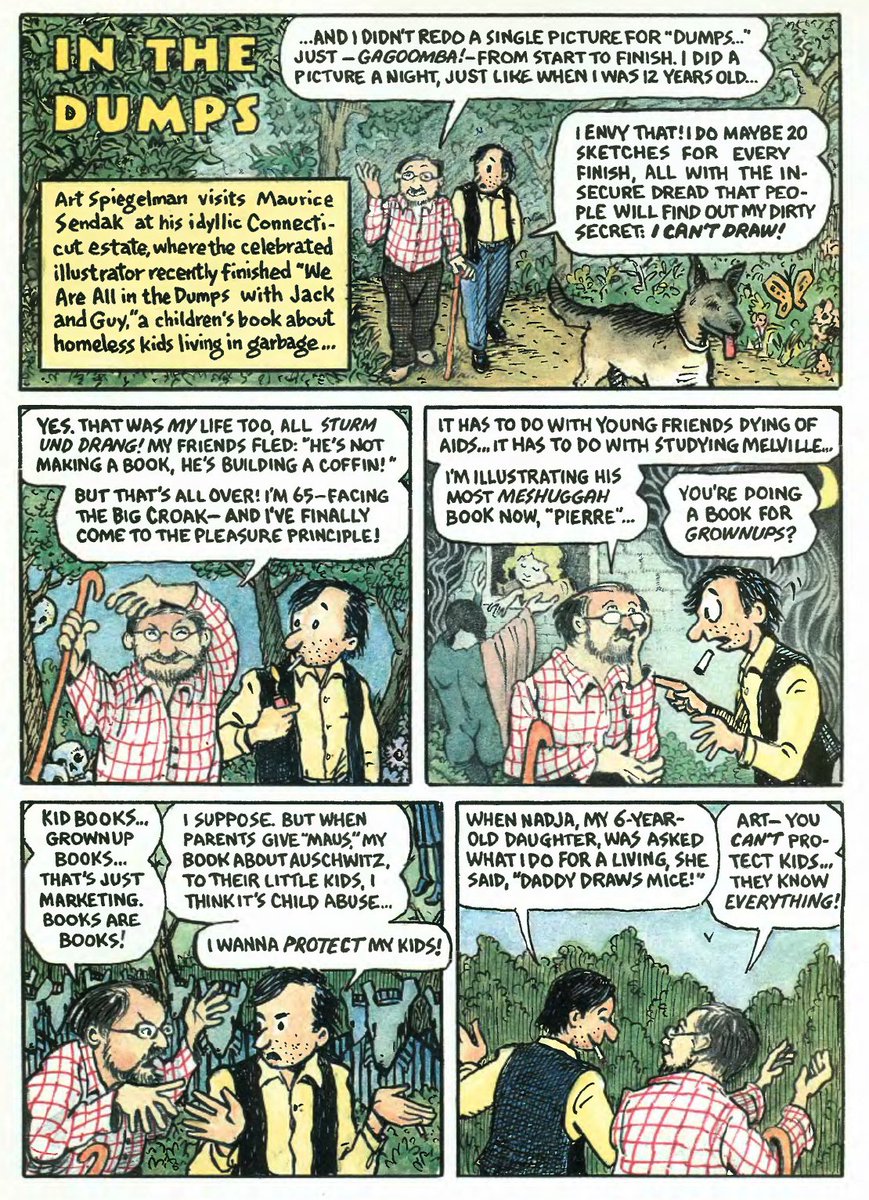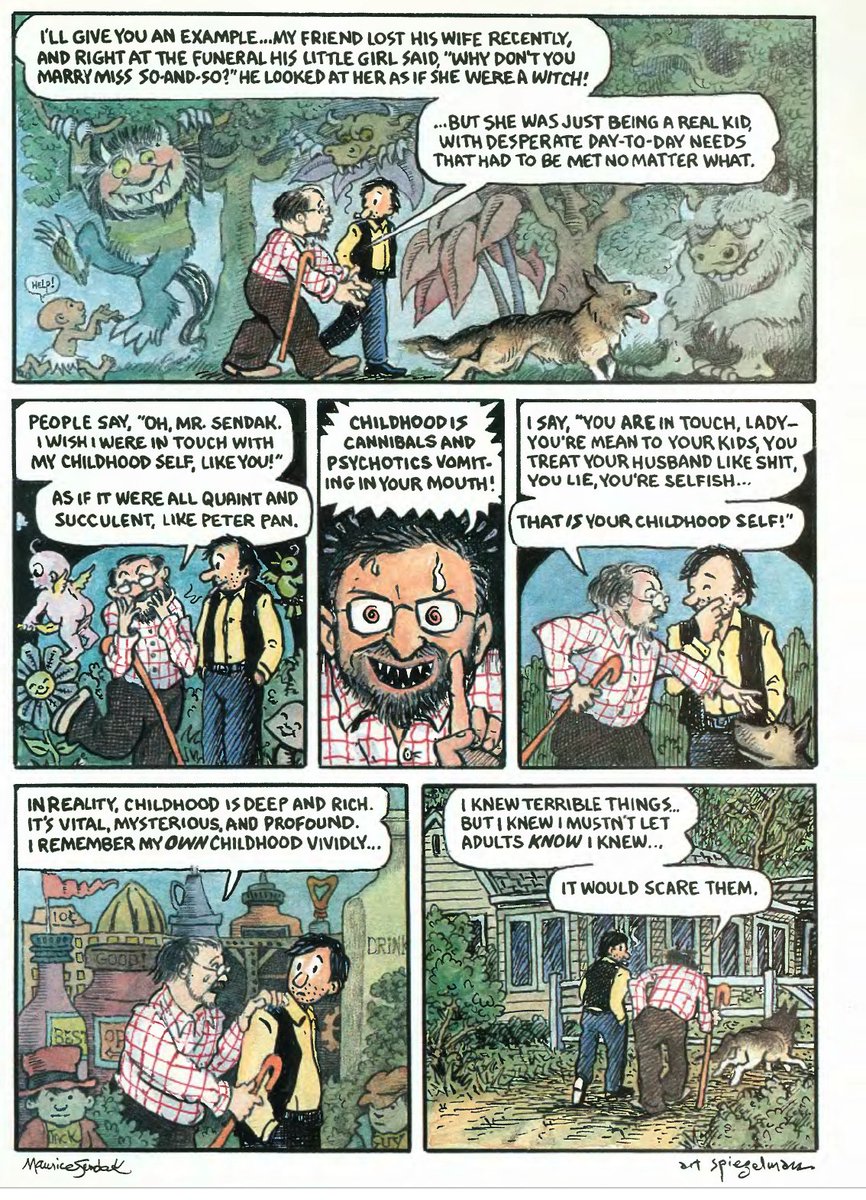An experience from a couple years ago has never been far from my mind throughout all this. When I was on the PTO of my children’s school, we organized a fun-run as a fundraiser. We invited community members to show up—the mayor, the fire dept. and the police, etc. And they did.
The mayor ran laps with the kids, the fire department brough a truck, and the police...well, first a K9 unit showed up but that wasn’t all. We also got a huge armored vehicle driven by officers dressed in what I’d characterize as military gear—body armor, etc.
Suffice it to say the presentation was not friendly neighborhod police officer. Very different from the K9. The officers were friendly, and their gear was, of course, popular with the kids in exactly the same way an F15 landing in the school’s garden would have been popular.
But I still can’t shake the feeling of horror at the decision making process that led officers to think it was a good idea to introduce themselves to any school community in that way—clad in the tools of urban warfare, it seemed like a friendly but very misguided show of force.
Keep in mind that this is a school community where a staff member was killed by a police officer live on Facebook in 2016. His image and name are all over the school. His memory fills the halls. These are kids who have indisputably been traumatized by police violence.
And still, the police arrived ready for violence. This was the face they chose to present to children.
I cannot shake this. As a white man with no fear of police violence acting on behalf of a very diverse school, I deeply regret not speaking up. #georgefloyd #PhilandoCastile
I cannot shake this. As a white man with no fear of police violence acting on behalf of a very diverse school, I deeply regret not speaking up. #georgefloyd #PhilandoCastile
(Also, I'd bet dollars to donuts the total value of the urban warfare rig the cops pulled up in far exceeded the annual budget of the school, but that's another thread.)
• • •
Missing some Tweet in this thread? You can try to
force a refresh






